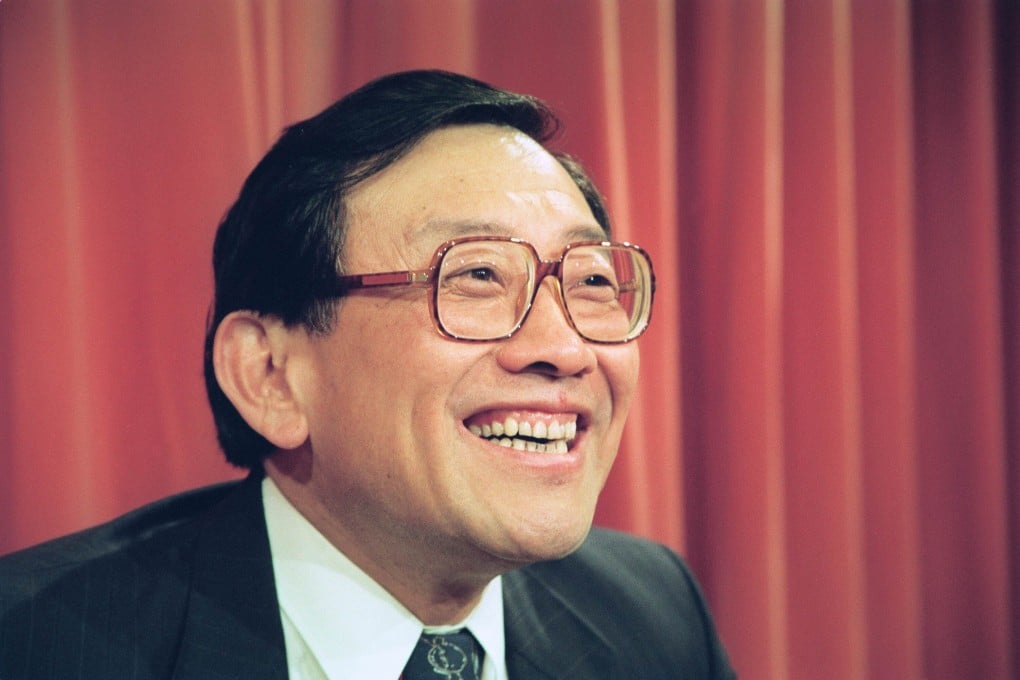Hong Kong political stalwart Allen Lee dies aged 80
- The founding chairman of the Liberal Party who served the city’s legislature for nearly two decades died while with his family last Friday
- Once seen in Beijing as a potential Hong Kong leader, he became a champion for universal suffrage

Hong Kong’s veteran legislator Allen Lee Peng-fei who was once seen as a potential leader of the city before he became an increasingly vocal supporter of universal suffrage has died aged 80.
After decades at the forefront of public life in Hong Kong, the founding chairman of the Liberal Party passed away peacefully on Friday in the company of relatives, his family said in a statement on Tuesday.

The family statement said Lee’s last wish was to have a private funeral, adding: “Mrs Lee will announce at a later date when a memorial will be held for friends who wish to pay their respects to Mr Lee, who worked tirelessly throughout his lifetime for Hong Kong.”
Lee sat on Hong Kong’s Legislative Council between 1978 and 1997, and was an unofficial member of the Executive Council, the governor's de facto cabinet, from 1986 to 1992.
In 1995, he became the first business figure to be directly elected to the Legislative Council, as he sought endorsement from the wider public – a different approach to standing in a functional constituency, where one only needs to canvass several hundred votes from professional and business elites.